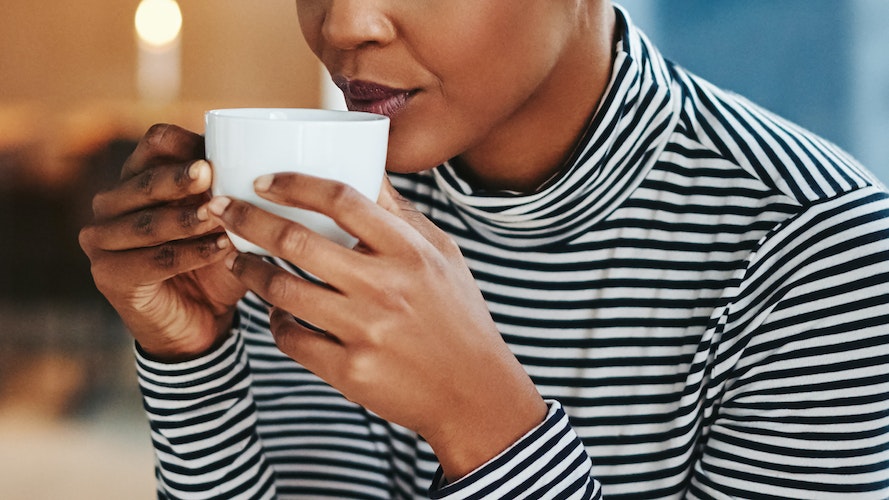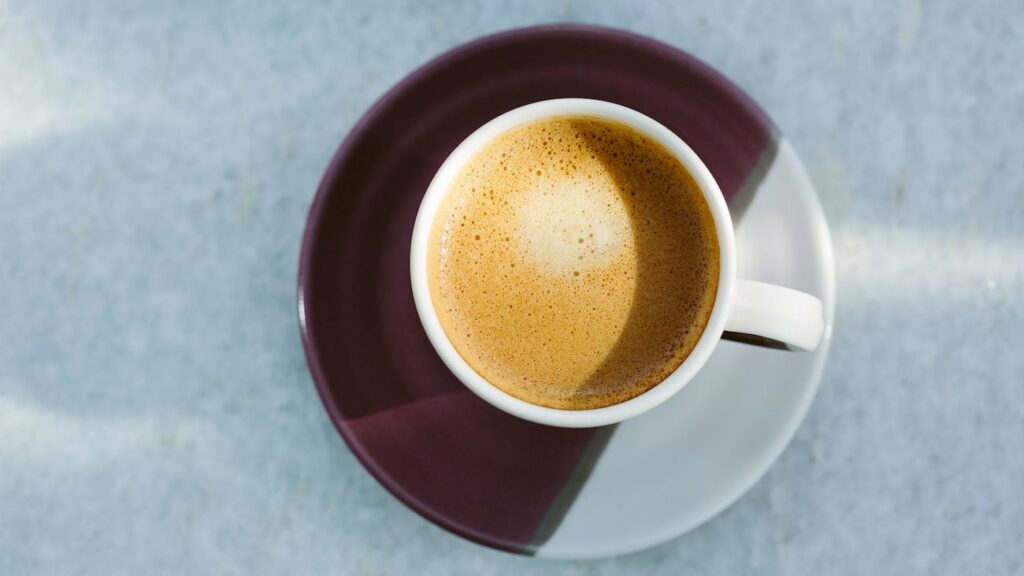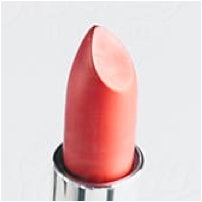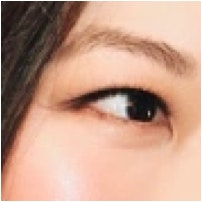The Unexpected Correlation Between Coffee and Breakouts
Thespotlyte | July 28, 23

For such a simple beverage, coffee sparks a remarkable amount of debate. Devotees will tell you that it’s the secret to improved memory and boosted overall energy, while reformed java addicts insist it seriously messes with your sleep-wake cycle. And that’s just scratching the surface. In the midst of all this back and forth, it’s fair to wonder what kind of effect drinking coffee regularly has on your skin. That’s especially important when considering how many foods and beverages can cause complexion complications (i.e. dairy potentially causing uncomfortable bloating and even breakouts). It only makes sense that we question the ramifications of our morning cup of joe.
To determine whether your morning latte can affect your glow, we consulted with board-certified dermatologists who broke down everything you need to know on the subject, from caffeine’s side effects to what to mix into your mug and everything in between.
What are coffee’s effects on the body?
Let’s tackle the good news first. There are several benefits to drinking coffee, as long as you consume it in healthy amounts (and by healthy, we don’t mean four espresso shots before you’ve opened your morning emails). Studies show that moderate consumption of plain black coffee — three to five cups eight-ounce cups a day — can improve your energy levels, help you burn fat faster, and even improve athletic performance, all thanks to caffeine. And, of course, Sheel Desai Solomon, MD, board-certified dermatologist from Raleigh, North Carolina, adds, “Caffeine makes you feel alert and awake.” That’s a sensation we all know very well.
However, there are some downsides to being addicted to your beloved java. If you rely too often on coffee for a pick-me-up, your body’s natural energy cycles will be disrupted. That’s because you’re relying on something external to wake you up instead of your melatonin levels. Coffee has also been linked to interrupted sleep patterns and insomnia, so to ensure you rest well through the night, cut yourself off midday, or switch to decaf.
What are coffee’s effects on the skin?
Topically, caffeine (via skincare formulations) can do some fabulous things for skin — it can tighten puffy undereyes and smooth the look of cellulite, among other perks. But when you get your caffeine from the inside out, there aren’t many rewards to be gained. “Coffee is a diuretic and can dehydrate the body,” warns Rebecca Baxt, MD, a board-certified dermatologist in Paramus, New Jersey. But, as you likely know by now, failure to properly hydrate your body has repercussions on more than just your insides. “Caffeine is a dehydrator, similar to alcohol and sodium,” explains Dr. Solomon. “When our bodies lack all-important hydration, it can show up on your skin too.”
Dehydration can cause your skin to appear dry and dull, making fine lines appear much deeper than they actually are. It also affects your complexion’s overall tone, and you might experience itchiness. However, Dr. Baxt notes, this not-so-welcomed consequence can be negated if you drink enough water to make up for the diuretic effects of coffee. To ensure you’re getting enough water into your system, monitor your urine — if its color is almost completely clear or a light straw shade, you’re hydrated.
It’s strongly recommended to drink about two to four liters of water a day, especially if you’re consuming coffee regularly. It doesn’t hurt to toss back an extra glass of water if you feel like you need some additional hydration. However, Dr. Solomon is quick to point out that you can’t rely on drinking water alone to keep your complexion dewy. “The skin must also be hydrated via topical treatments and the right diet,” she concludes.

That said, you’re not out of the woods yet, even if you double down on the H₂O. “Coffee can also cause a mild stress response in the body, which many people like, because it makes them more alert,” explains Dr. Baxt. “But the stress response can aggravate some skin conditions.”
The connection between skin and stress is a powerful one. Cortisol, the “stress hormone,” can reduce your complexion’s vitality, leaving you more susceptible to blemishes. Furthermore, “stress hormones may increase the amount of oil produced by your sebaceous glands, meaning you can be more prone to breakouts,” says Dr. Solomon. Unfortunately, coffee increases cortisol. In fact, one study showed that participants who drank one cup of coffee before being put through a stressful task experienced a 211 percent increase in their body’s level of cortisol. Yes, 211 percent.
That said, Dr. Baxt notes that your experience may vary. Some people react to coffee poorly, while others never notice a change in their skin. “Particular skin conditions [may be] sensitive to coffee,” she adds. “The one that comes to mind most frequently is rosacea.” Ergo, rosacea sufferers, especially those prone to higher stress levels, should consider taking it easy with the cappuccinos.
So . . . how much coffee should I drink?
If you’ve noticed a correlation between your morning coffee and breakouts, rosacea, or more pronounced wrinkles, you might be feeling a little betrayed — and confused. Should you be cutting out coffee entirely, or cutting back? How much coffee is safe to drink? The answer isn’t the same for everyone. “If I have a particular patient who is very sensitive and breaks out from coffee, then it is recommended to drink none,” says Dr. Baxt. “[However], generally speaking, I do not make a ‘for’ or ‘against’ recommendation on coffee as it relates to the skin.” Generally speaking, Dr. Solomon recommends consuming less than four cups of coffee a day. And if you’re drinking more than one cup, make sure you don’t drink it after midday or else you might have trouble sleeping at night.
Should you plan on continuing to drink coffee regularly, keep in mind that it’s better if you enjoy it black, with absolutely nothing added. The dairy additives and refined sugar in coffee beverages can wreak havoc on skin all on their own, so you’re better off politely turning down that mocha latte and savoring a classic cup of black coffee instead. Dr. Solomon warns that excess sugar in your bloodstream can cause glycation, “a natural chemical reaction that happens when sugar levels in the bloodstream spike beyond what our insulin can handle.” She says glycation affects the part of our skin that keeps it looking bouncy, so inevitably, coffee could be partially to blame for a lackluster complexion.
Before you make any sudden changes to your java-drinking routine, speak to your medical provider and perhaps your dermatologist, both of whom can help guide you through it. A little test run under the supervision of your healthcare providers could show you what life — and your skin — is like without coffee. Though the withdrawal could be challenging, it could also provide a definitive answer as to whether or not coffee is to blame for any of your complexion concerns.






